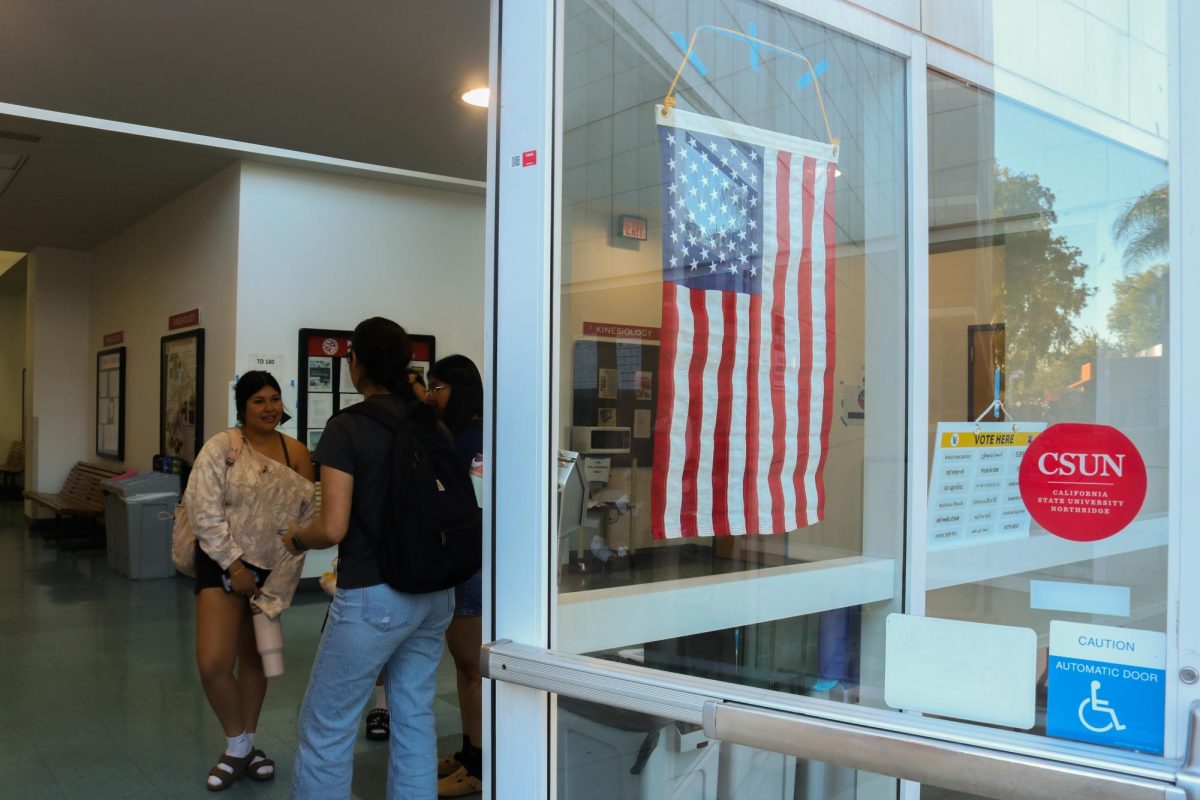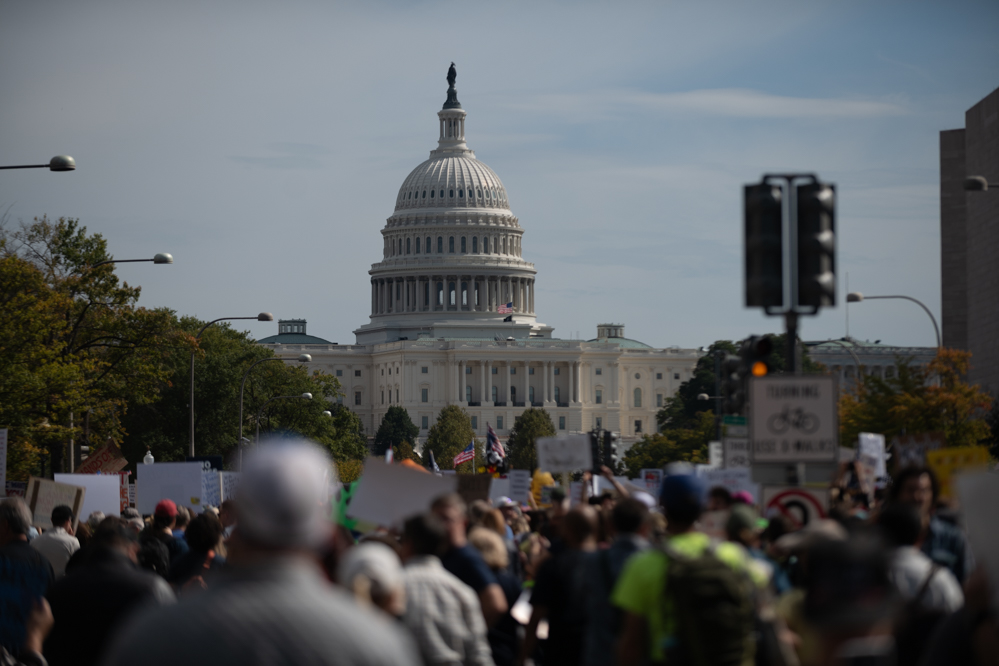California Governor Gavin Newsom granted a posthumous pardon to William Burwell, a former San Fernando Valley State College (SFVSC) student, now known as California State University, Northridge, and founding member of CSUN’s Africana Studies Department.
Burwell’s pardon comes five and a half decades after his arrest, marking a significant moment in his life and the state’s history.
In 1969, Burwell was arrested during a protest for racial equality and was “convicted of misdemeanor trespass and failure to disperse during a racial justice protest,” according to an L.A. Times article..
This happened during the “Storm at Valley State,” when SFVSC students protested for equal access to education. These efforts led to the creation of Africana and Chicana/o Studies, the expansion of the Educational Opportunity Program, and increased diversity among faculty.
In a press statement emailed from the office of the president, Erika Beck expressed that she was pleased by the pardon, and noted that CSUN will do more to aid people affected during such events.
“As we support our former students and their families, we hope we are one step closer to making amends for the past while holding ourselves accountable for systemic change that will allow all of our students to thrive on our campus and beyond,” Beck said.
After the conviction, Burwell faced significant legal challenges that affected his life, career, and reputation for years. According to an article published by the CSUN Library, Burwell left CSUN to get a Masters of Divinity at Talbot Theological Seminary, and would later establish a Minority Ministers Program. He later served as pastor at the First Berean Christian Church before becoming a dean at the North American School of Theology.
Burwell would not live to see his pardoning, as he passed away on August 25, 2022.
Governor Newsom’s decision to pardon Burwell reflects the systemic challenges and past injustices faced by individuals like Burwell during a turbulent period in California’s history.
This pardon serves as a reminder of the broader struggles for justice and equality that defined the 1960s and underscores the importance of confronting the legacies of the past.

















